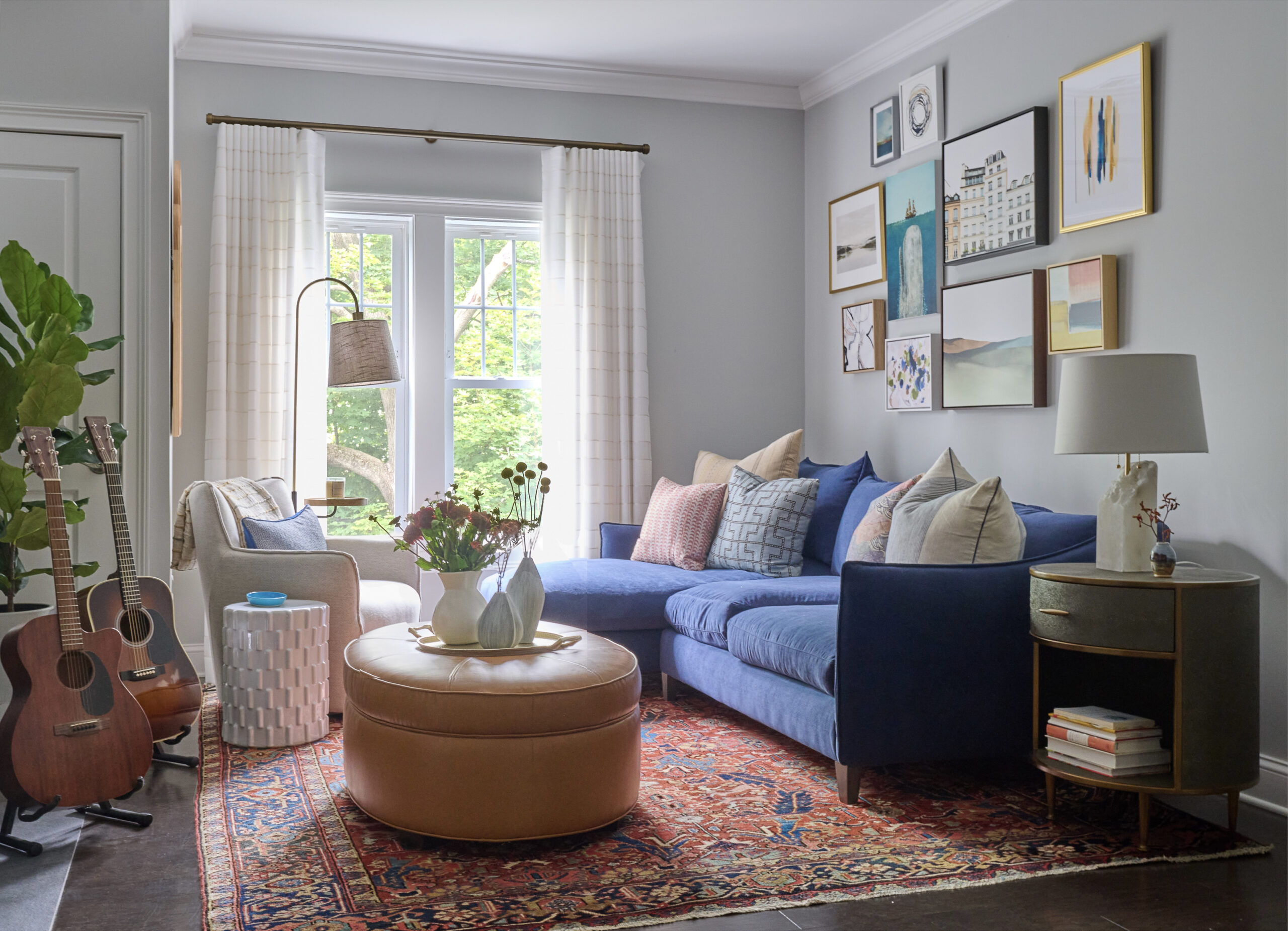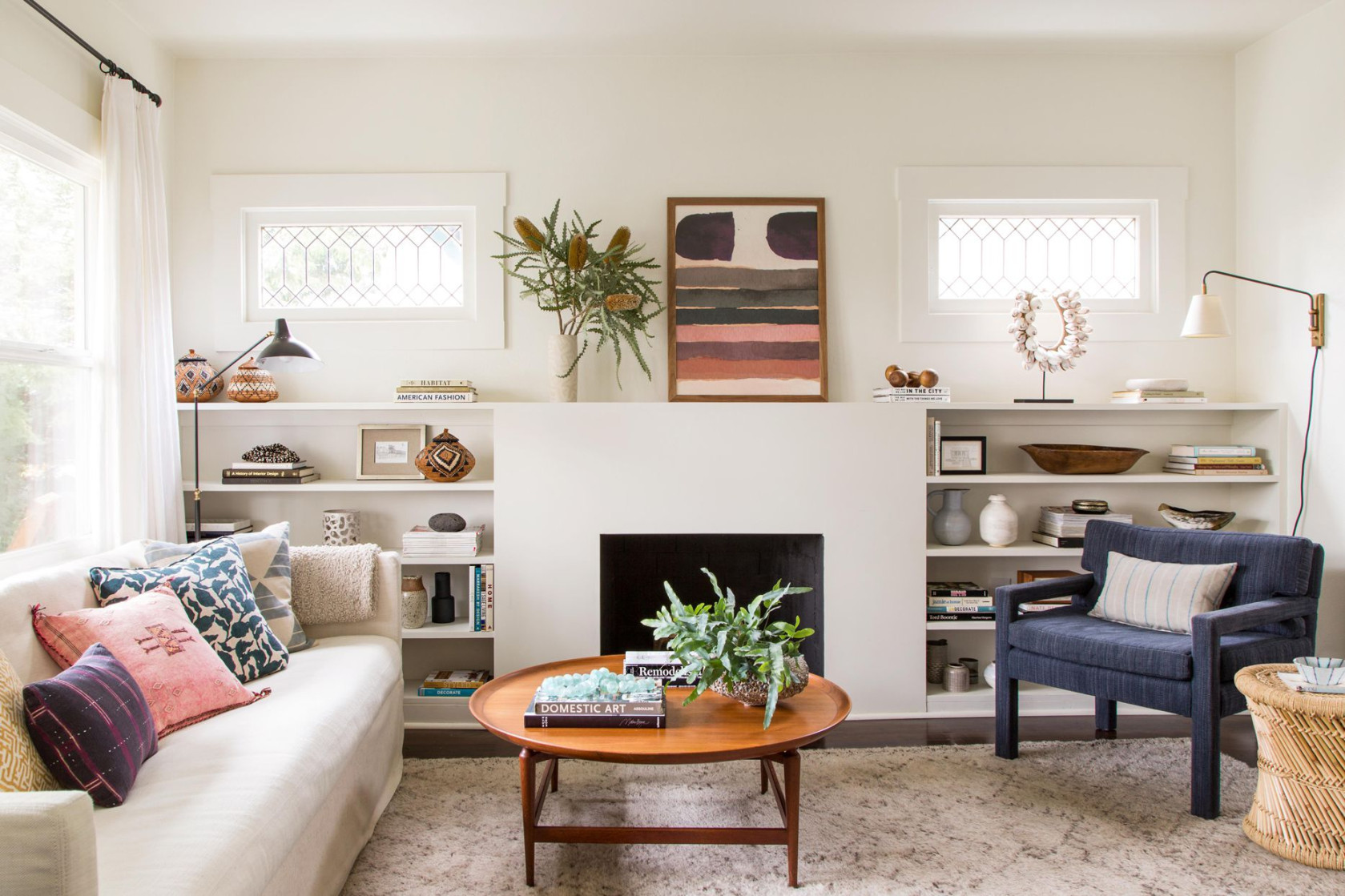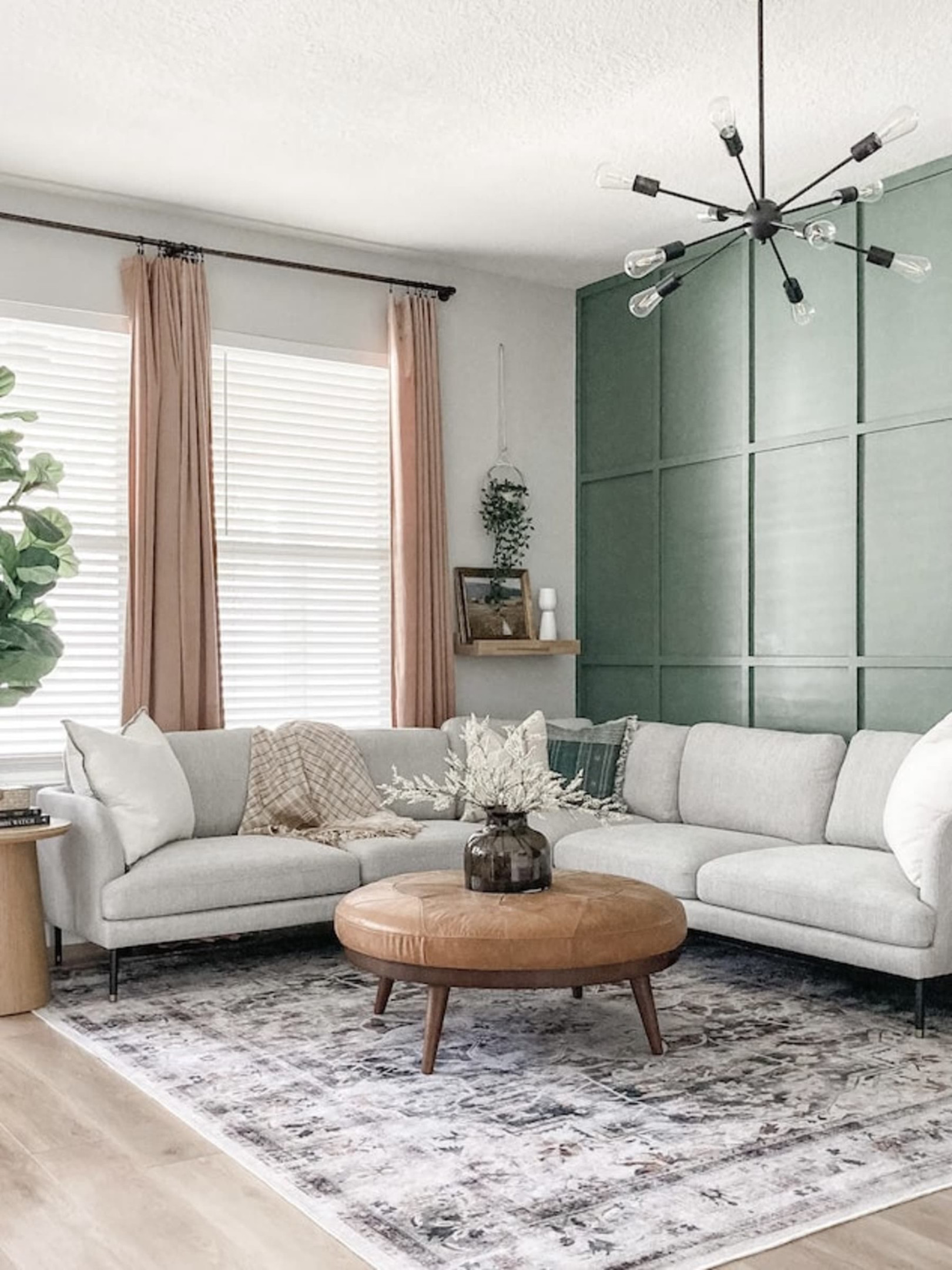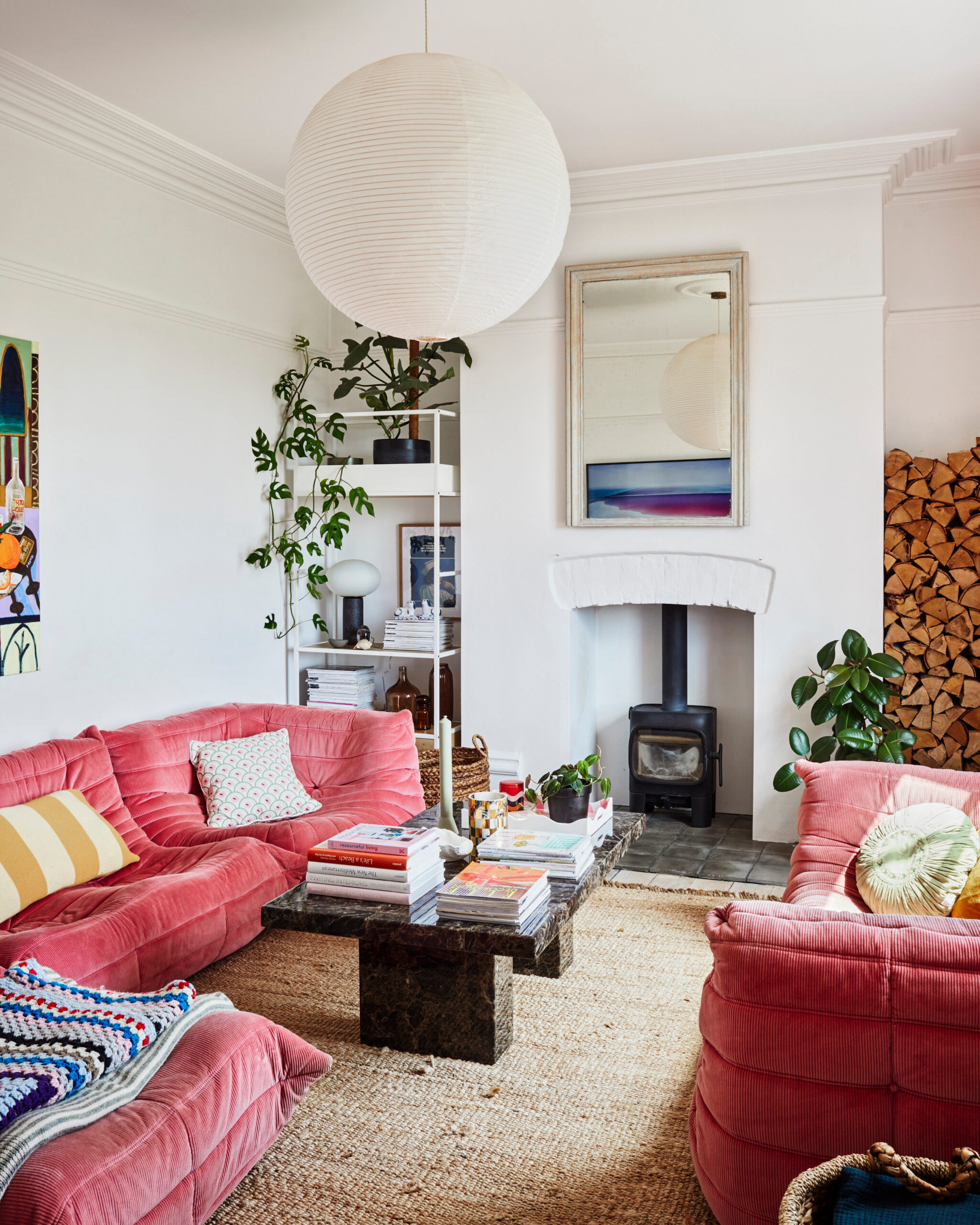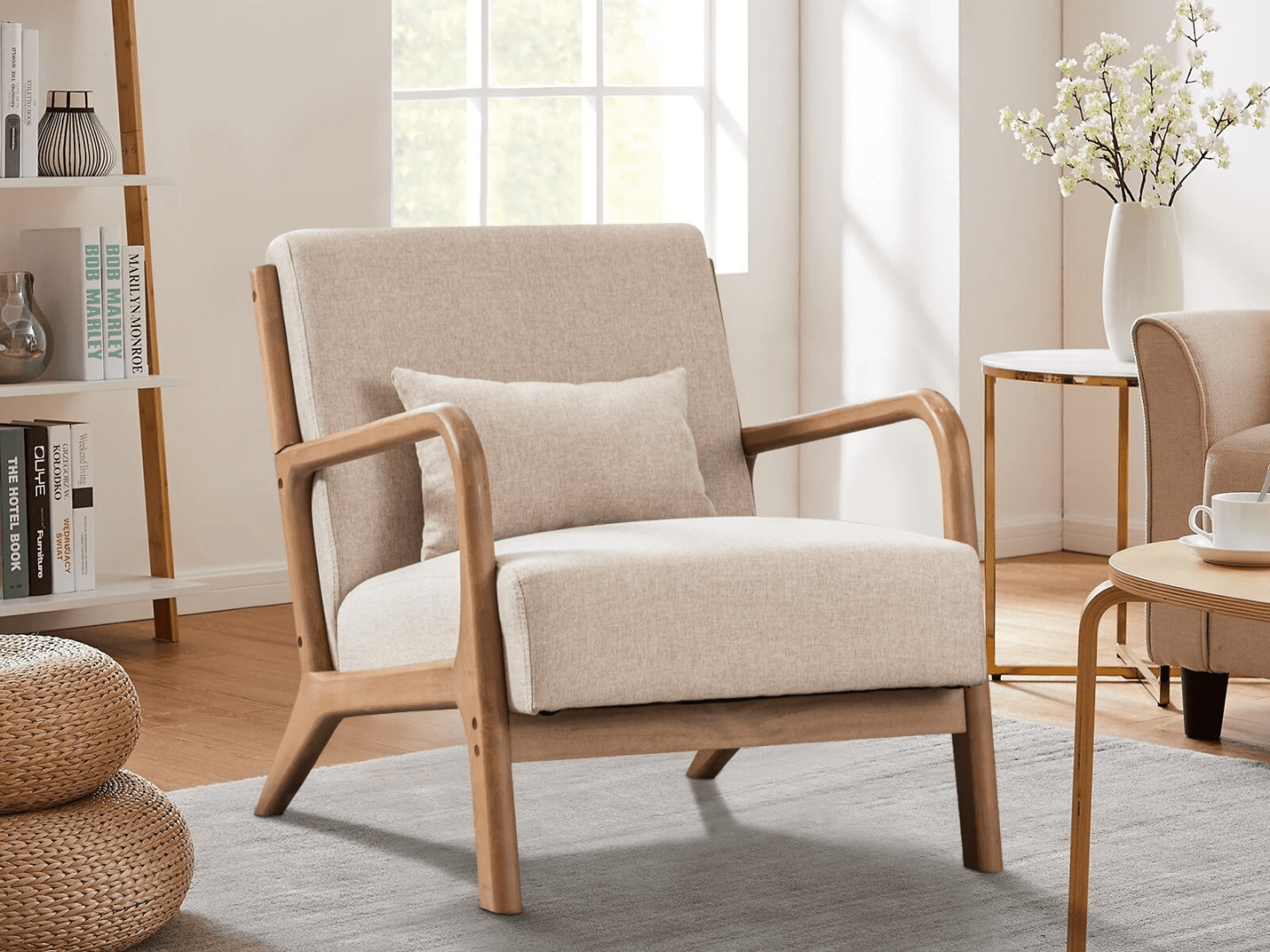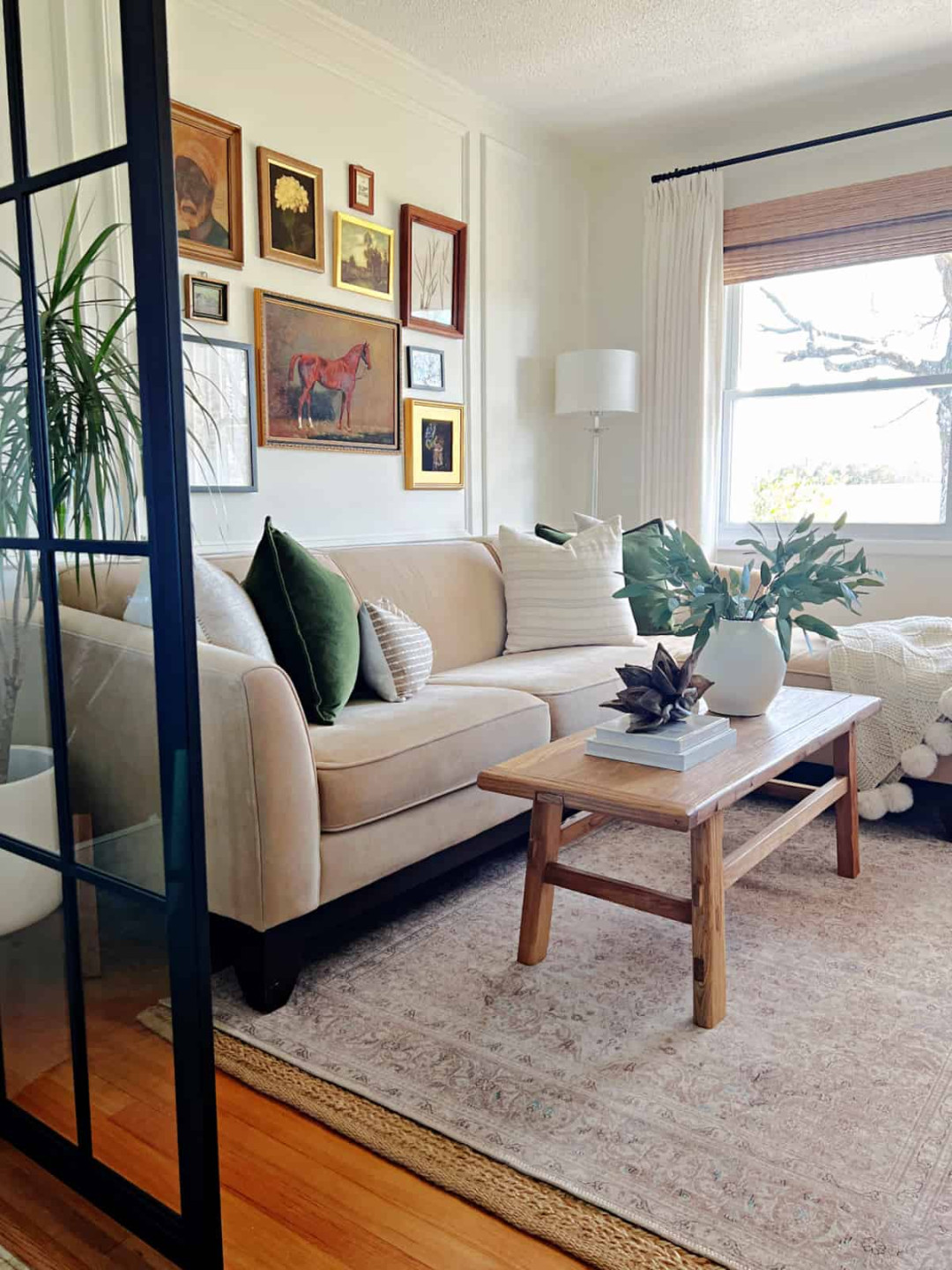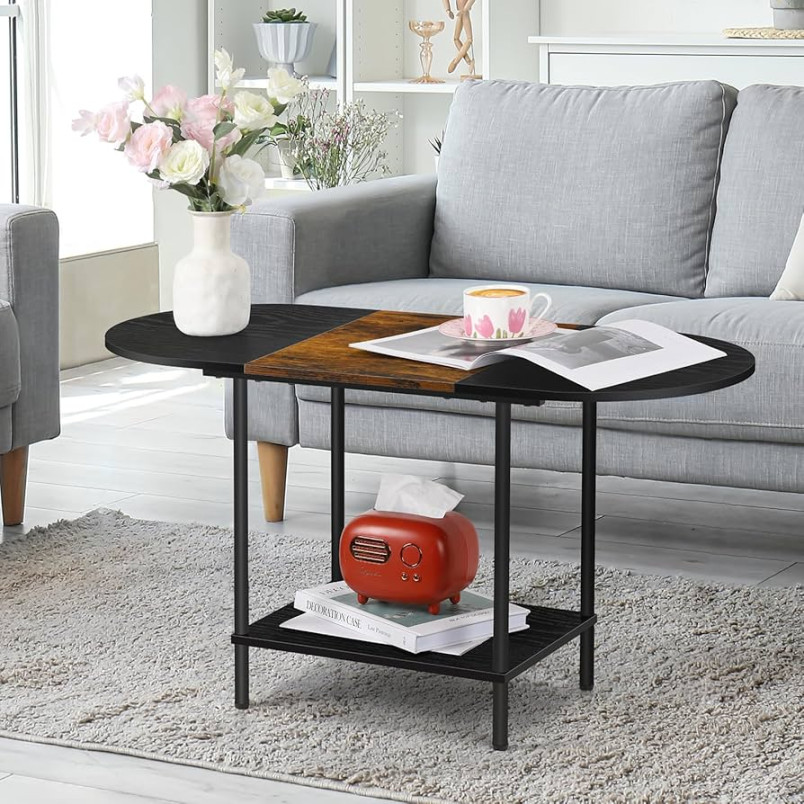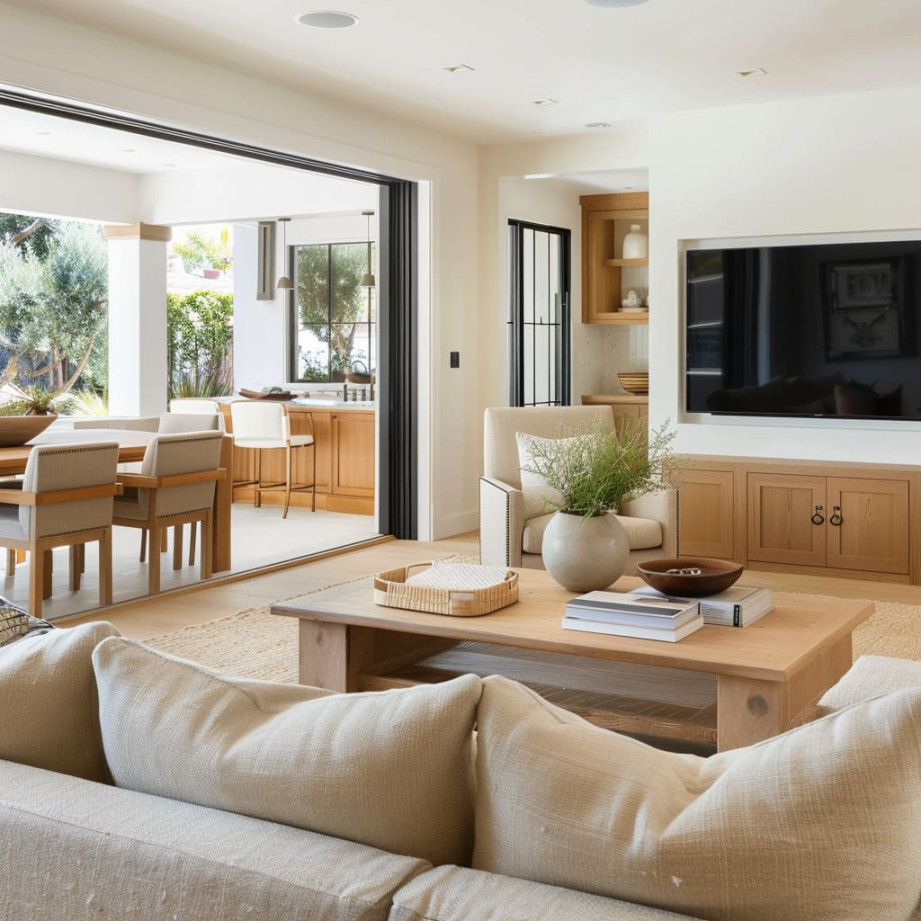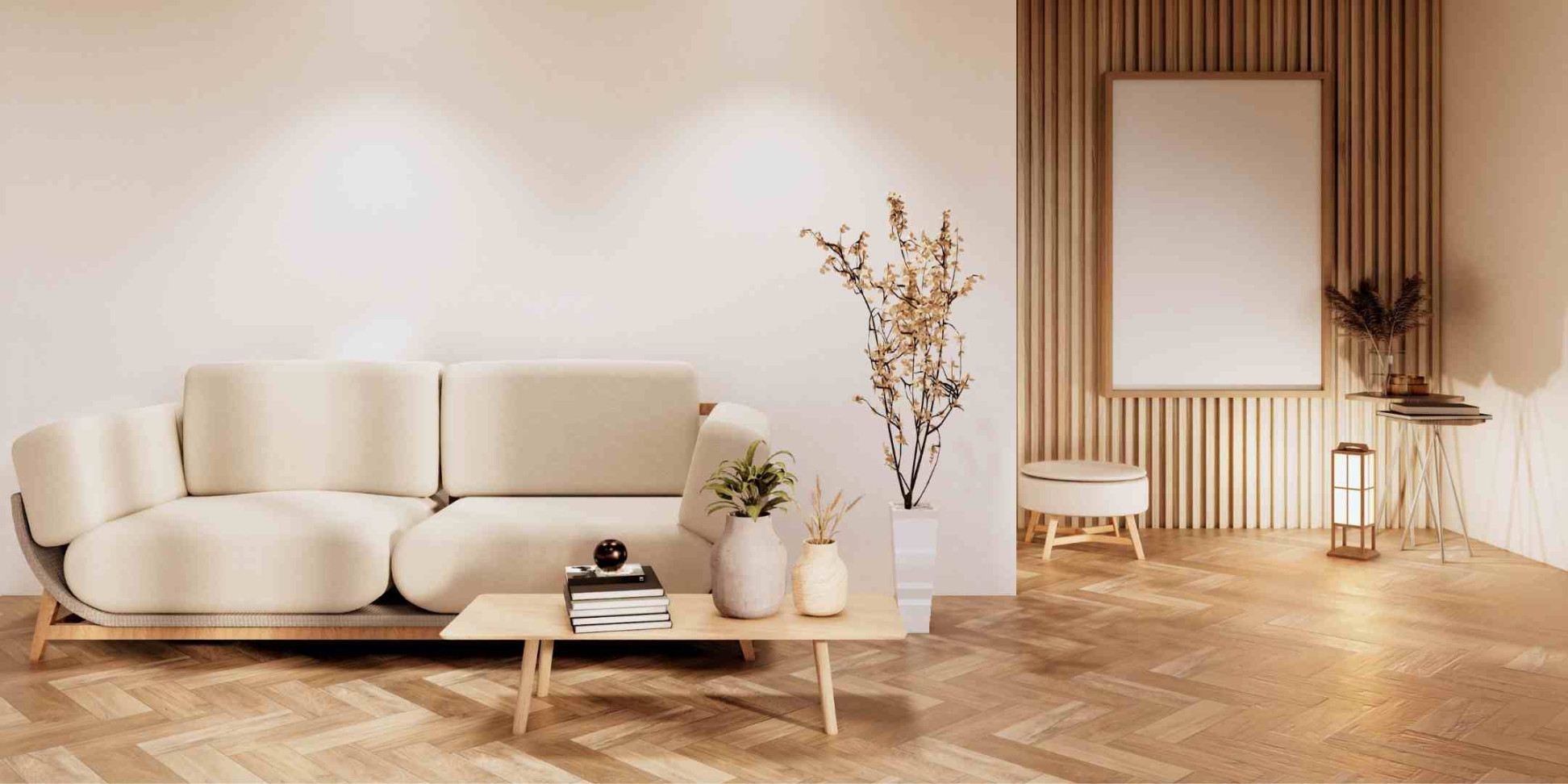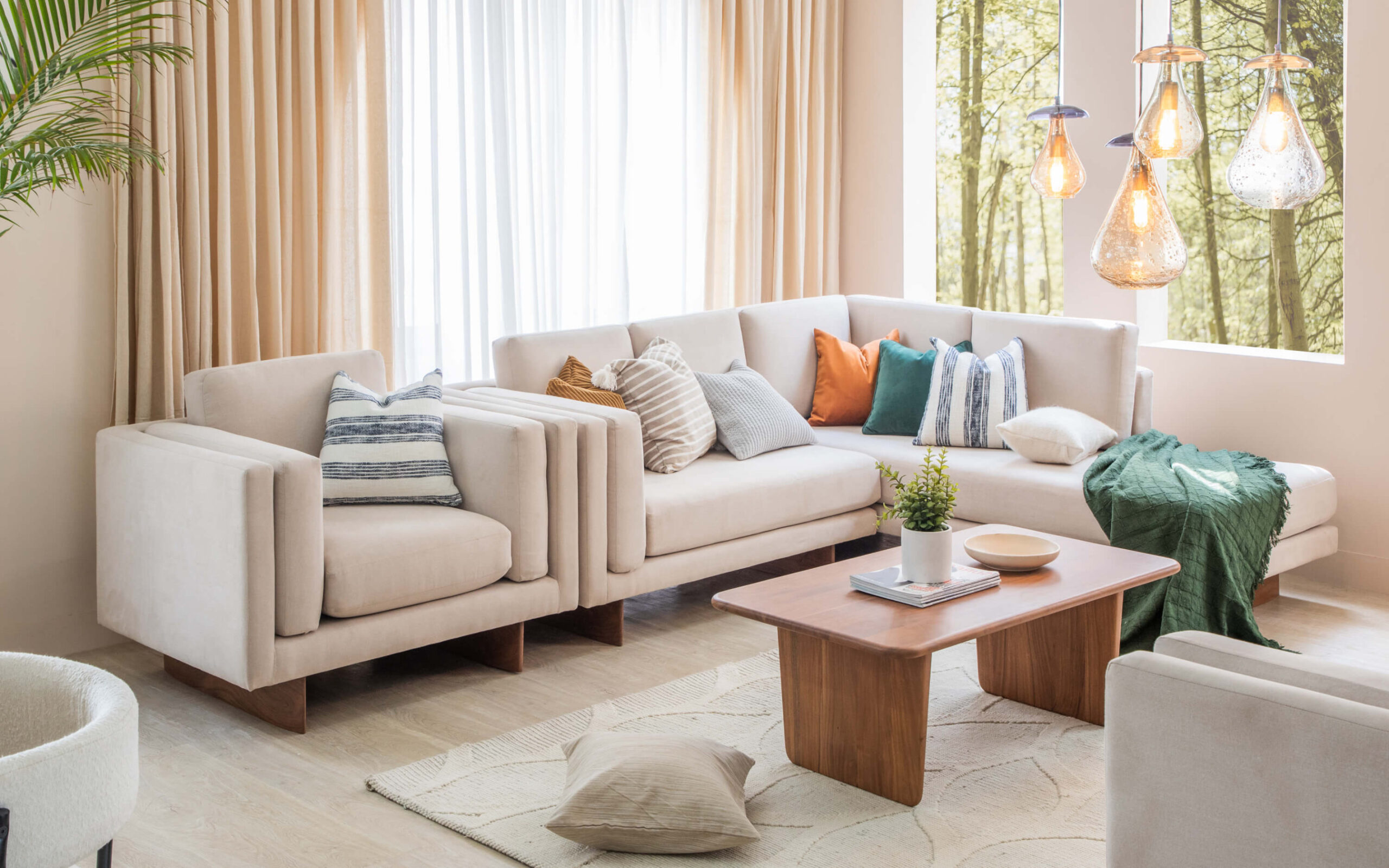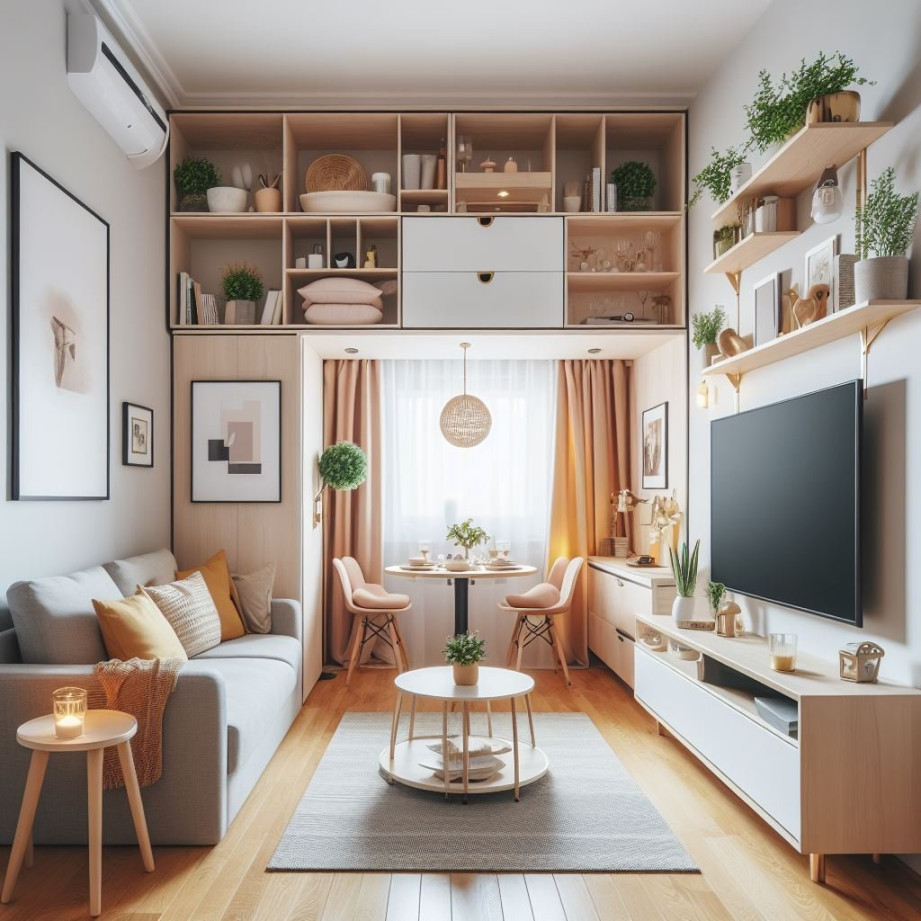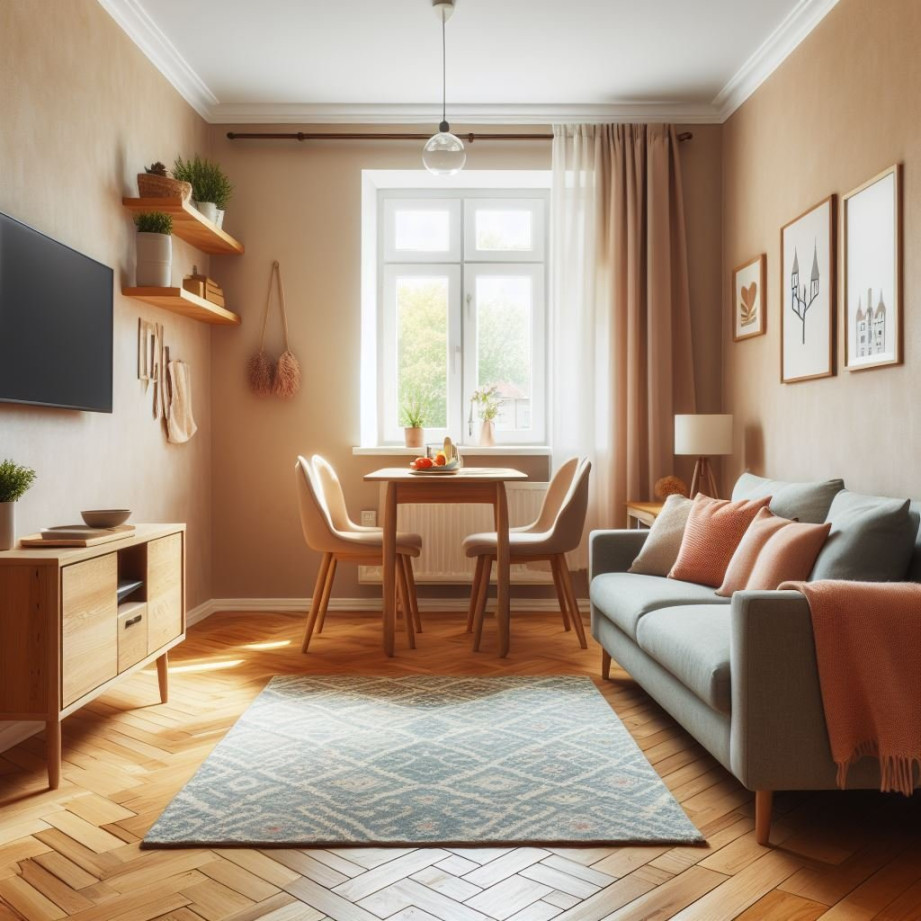Small Living Room Layout Tips for Optimal Space Usage
What do you mean by a small living room layout?
A small living room layout refers to the arrangement and organization of furniture and decor in a limited space to maximize functionality and visual appeal. It involves strategic placement of items to make the room feel more spacious and inviting, despite its size constraints.
How to design a small living room layout?
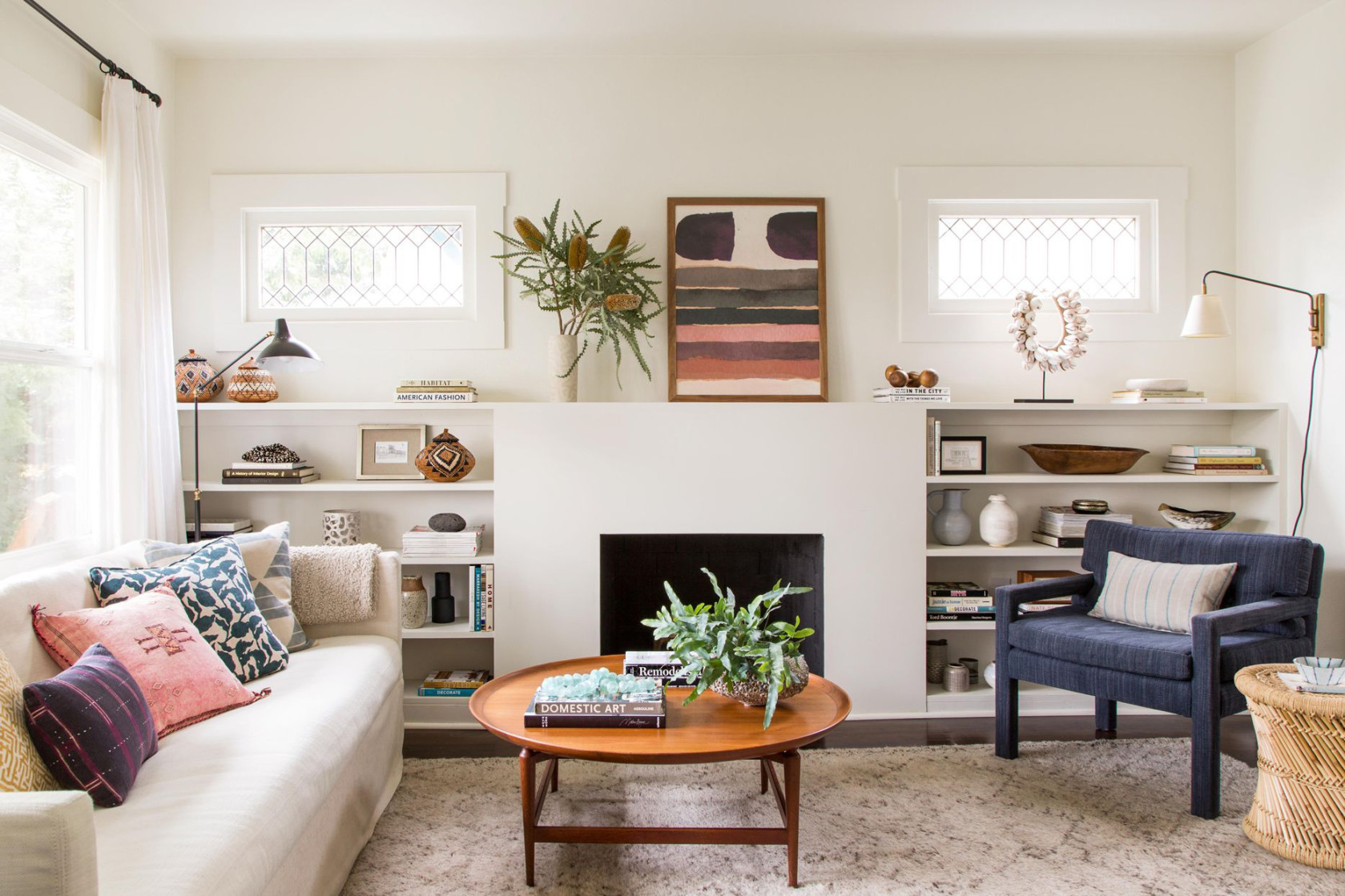
Designing a small living room layout involves careful planning and consideration of various factors such as the size and shape of the room, the amount of natural light available, and the desired functionality of the space. By following some simple tips and tricks, you can create a stylish and functional layout that makes the most of your small living room.
What is known about small living room layouts?
Small living room layouts are known for their challenges in terms of space optimization and organization. However, with the right approach and creative solutions, you can transform your small living room into a cozy and inviting space that meets your needs and reflects your personal style.
Solution for small living room layout:
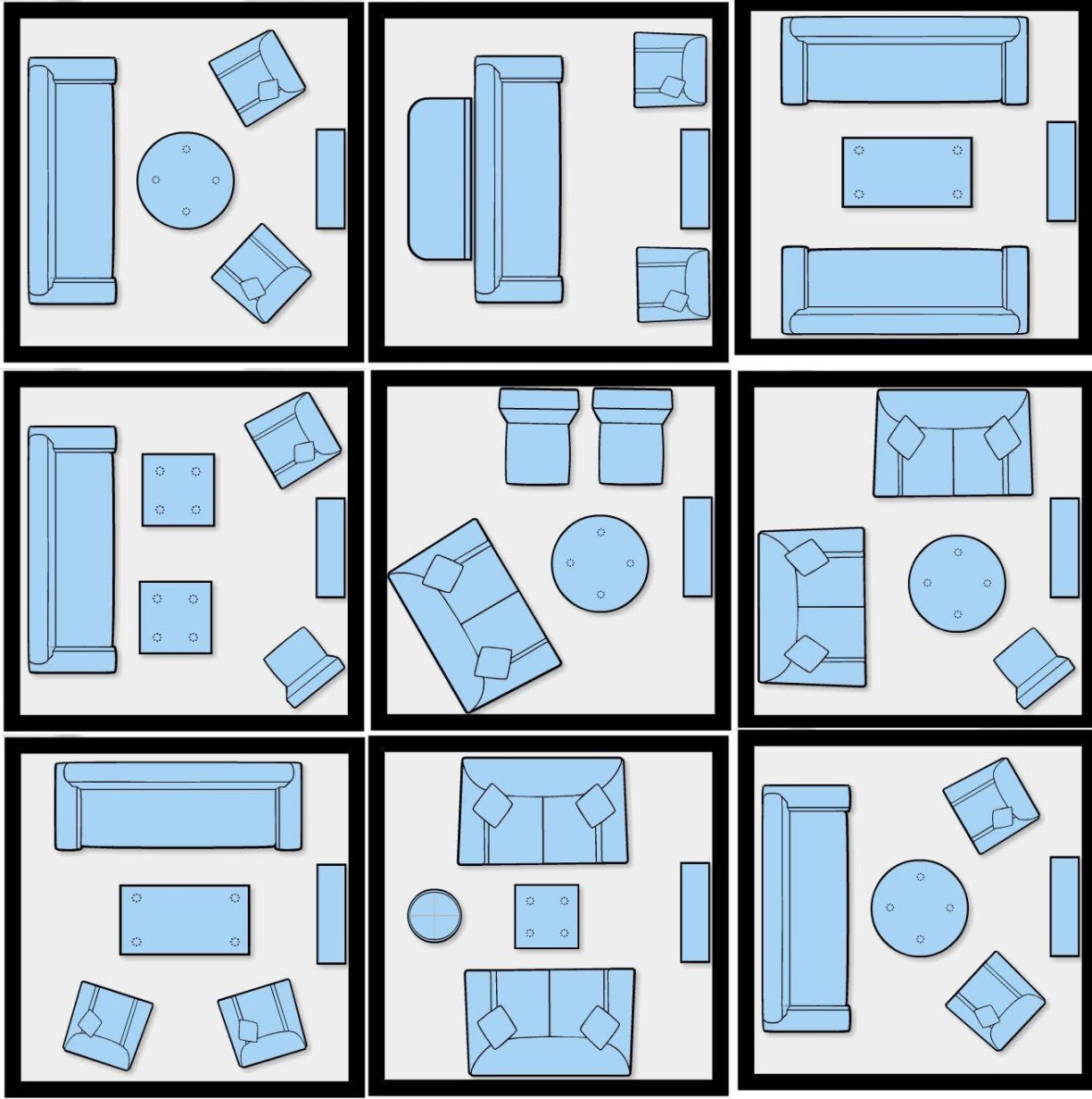
When it comes to small living room layouts, the key is to keep things simple and clutter-free. Opt for multi-functional furniture pieces that serve more than one purpose, such as a sofa bed or a coffee table with storage. Use light colors and mirrors to create the illusion of more space, and consider vertical storage options to maximize floor space.
Information about small living room layout:
Small living room layouts can be challenging to work with, but with some creativity and strategic planning, you can create a functional and stylish space that feels larger than it actually is. By following some simple tips and tricks, you can make the most of your small living room and enjoy a cozy and inviting atmosphere.
When designing a small living room layout, it’s important to consider the scale of your furniture and decor. Choose pieces that are proportionate to the size of the room and avoid overcrowding the space with too many items. Use rugs and lighting to define different areas within the room and create visual interest.
Consider the traffic flow in your small living room and arrange furniture in a way that allows for easy movement throughout the space. Keep pathways clear and avoid blocking windows and doorways. This will help to maintain an open and airy feel in the room.
Make use of vertical space in your small living room by incorporating wall-mounted shelves or cabinets. This will not only provide additional storage options but also draw the eye upward, making the room feel taller and more spacious. Consider floating shelves or hanging plants to add visual interest without taking up valuable floor space.
Choose furniture with legs to create a sense of openness in your small living room. Pieces that sit directly on the floor can make the space feel more cramped and closed off. Opt for sofas, chairs, and tables with exposed legs to create a lighter and more airy feel in the room.
Use mirrors strategically in your small living room to reflect light and create the illusion of more space. Place a large mirror opposite a window to maximize natural light and make the room feel brighter and more open. Consider hanging mirrors on adjacent walls to bounce light around the room and create a sense of depth.
Don’t be afraid to experiment with different layouts and configurations in your small living room. Move furniture around until you find a setup that works for your needs and maximizes the available space. Consider using a rug to anchor the seating area and define the layout of the room.
Consider the function of your small living room and prioritize the pieces that are essential to your daily routine. If you enjoy entertaining, focus on creating a comfortable seating area for guests. If you use the room primarily for relaxing, invest in a cozy sofa and ottoman for lounging. By tailoring the layout to your lifestyle, you can create a space that truly works for you.
Don’t be afraid to think outside the box when it comes to small living room layouts. Consider unconventional furniture arrangements and creative storage solutions to make the most of your space. Look for ways to maximize natural light and create a sense of openness in the room. With some creativity and ingenuity, you can design a small living room layout that is both functional and stylish.
Conclusion
Designing a small living room layout can be a challenge, but with the right approach and some creative solutions, you can create a space that feels larger and more inviting. By following the tips and tricks outlined in this article, you can maximize the potential of your small living room and enjoy a stylish and functional space that meets your needs.
FAQs
1. How can I make my small living room look bigger?
To make your small living room look bigger, use light colors, mirrors, and vertical storage options to create the illusion of more space. Avoid overcrowding the room with too much furniture and keep pathways clear for easy movement.
2. What are some multi-functional furniture pieces for small living rooms?
Some multi-functional furniture pieces for small living rooms include sofa beds, coffee tables with storage, and ottomans with hidden compartments. These pieces serve more than one purpose and help to maximize space in a small room.
3. How can I create a cozy atmosphere in my small living room?
To create a cozy atmosphere in your small living room, use soft textures, warm lighting, and comfortable seating options. Add throw pillows and blankets for a touch of warmth and consider adding plants or artwork to personalize the space.
4. What are some space-saving storage solutions for small living rooms?
Some space-saving storage solutions for small living rooms include wall-mounted shelves, floating cabinets, and under-bed storage containers. These options help to maximize storage space without taking up valuable floor space.
5. How important is natural light in a small living room layout?
Natural light is essential in a small living room layout as it helps to create a sense of openness and airiness in the space. Maximize natural light by using mirrors, light-colored curtains, and strategically placing furniture to allow light to flow throughout the room.
